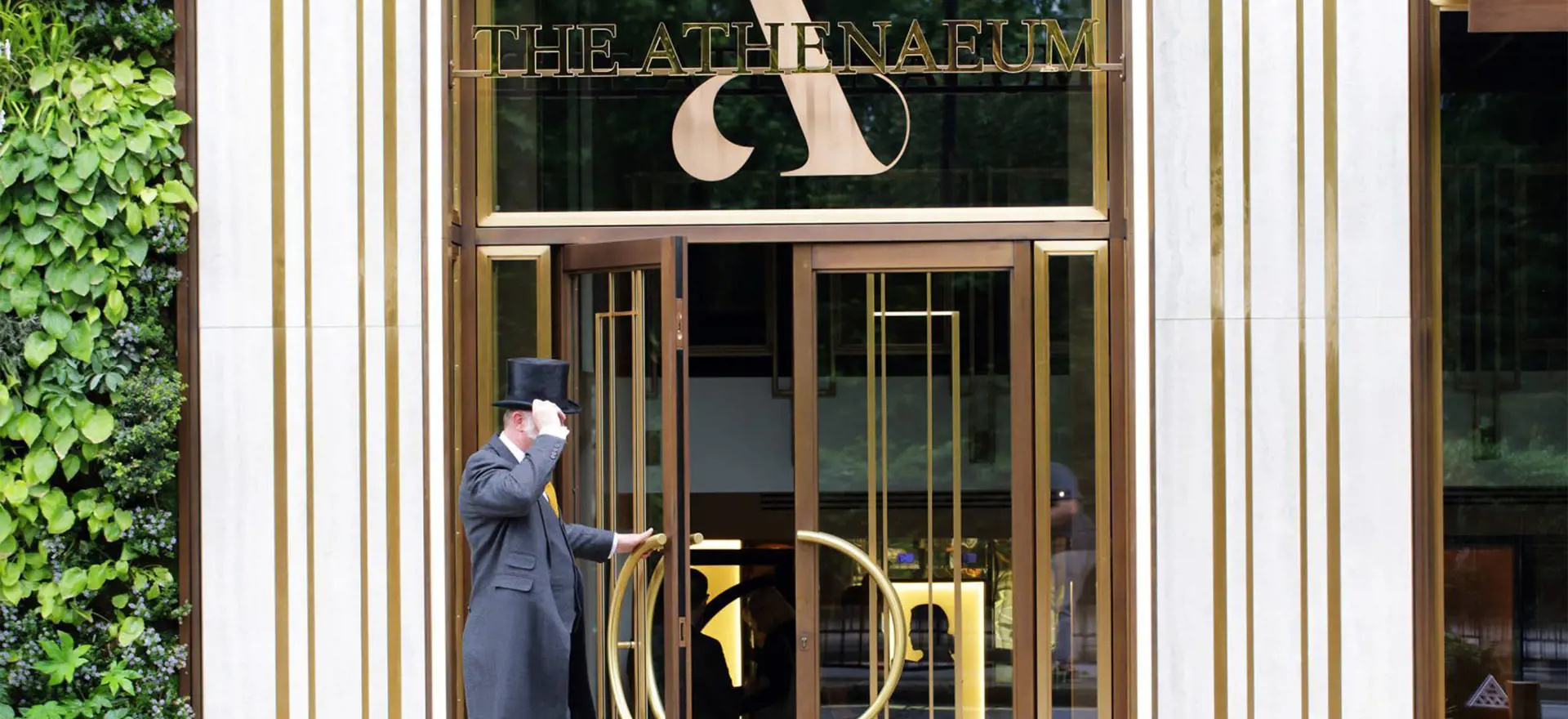It is stating the obvious that the hospitality sector was one of the hardest hit by the Covid-19 pandemic. The majority of businesses that provide holiday accommodation were forced to close in the first lockdown that started in March 2020, and, even after some restrictions were lifted, visitor confidence was slow to recover.
ONS figures show that consumer spending on hospitality started to increase once travel was permitted, but remained at less than 70% of pre-pandemic levels in May 2021.
This blog considers which UK cities have driven the hotel sector’s recovery since the pandemic and considers factors which will shape future growth.
Domestic holidays and city breaks lead the recovery
The table below shows the top and bottom five locations in the UK in terms of hotel occupancy and revenue per available room in 2021 compared to pre-Covid (2019) figures.

Source: Colliers UK - The Recovery of the UK Hotel Market
1. 2021 occupancy measured as a % of 2019.
2. RevPAR measured as a % of 2019. Revenue per available room is a performance measure used in the hospitality industry. RevPAR is calculated by multiplying a hotel’s average daily room rate by its occupancy rate.
In terms of occupancy, the locations that fared best in 2021 were those that are either popular domestic holiday or city break destinations in their own right (Bournemouth, Norwich), as well as those that are strategically located near to tourism hotspots (e.g. Gloucester – which is close to the Forest of Dean and the Cotswolds). The top five locations for occupancy recovery in 2021 were all in the south of England, again indicating that domestic summer holidays drove the bounce back in 2021.
The locations that recovered less well in 2021 were the major cities of England and Scotland, including London, Glasgow and Manchester. The hotel markets in these cities all rely heavily on business travel, international tourism, and major cultural and sporting events, most of which were not in full flow in 2021.
Looking ahead
2022 has been a more positive year for the hospitality sector, with UK average hotel occupancy reaching
80% in June 2022, compared to 57% in June 2021. This has been driven by a rebound in both leisure and business travel, including international tourism.
The resumption of major events this year such as a full-scale Edinburgh Fringe taking place this summer will have provided a boon to hoteliers (see my colleague Arabella’s
blog on visitor accommodation challenges in Edinburgh). When it was recently announced that Liverpool will host the 2023 Eurovision Song Contest, asking prices for accommodation reached an eye-watering
£8,000 a night – demonstrating that major events remain an important driver for hotel demand in the UK’s major cities.
Locations such as Newcastle, Blackpool and Bristol
remain popular destinations for domestic travel, bolstered by demand for hen and stag parties. It is likely they will remain strong locations for the hotel sector.
Looking ahead, ongoing inflationary pressures and the cost of living crisis will no doubt be a concern for the hospitality sector. The silver lining for UK hoteliers may be that as belts are tightened, people may choose to take domestic holidays or UK city breaks rather than travelling abroad. Another silver lining for the UK hospitality sector is that the weak pound is acting as a spur for international travel to the UK, with
US travellers regarding UK travel as being ‘on sale’.
Overall, although 2023 is likely to see challenges to all sectors of the economy, there will be opportunities for growth in the hotel market across the UK. Lichfields has built an enviable track record assisting in the delivery of hotel projects – ranging from stylish city locations to boutique rural retreats. For more information on Lichfields’ work in hotels please click
here. If you would like to discuss opportunities for the market or a particular project, please get in touch and we will be happy to help.
Header image: The Athenaeum




